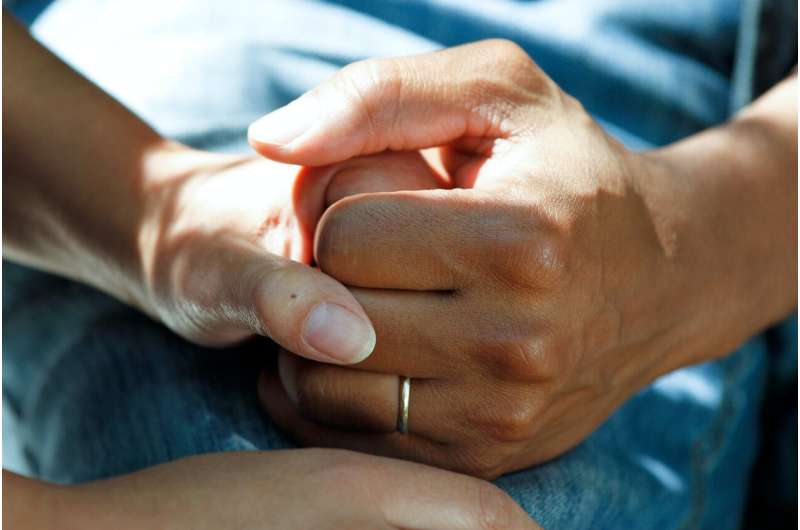Home » Health News »
Perception of palliative care in South Asian populations

When dealing with a life-limiting illness, palliative care can improve the quality of life for patients and families. However, for many people, the fear of ‘end of life’ care prevents them from exploring it. A recent study from William Osler Health System (Osler) and McMaster University examined awareness of palliative care in the South Asian community and found that culture plays a critical role in the perception of palliative care. This perception, in turn, affects whether or not patients will be open to receiving it.
Funded by a McMaster University, Department of Family Medicine, Pilot Research Project Funding Grant, the observational study is one of the few person-centered palliative care studies focused on the South Asian community outside India. The results showed that seventy per cent of participants in the study had a lack of understanding of palliative care and forty-four per cent thought that palliative care went against their values and beliefs.
At the same time, many of the participants agreed that when facing a life-limiting illness, they wanted to ensure that they or their family members had a better quality of life and alleviated suffering—which is what the palliative care paradigm provides.
“This research is an essential first step in understanding how the South Asian community perceives what it’s like to deal with a serious illness and their fears about palliative care,” said Dr. Naheed Dosani, Palliative Care physician, William Osler Health System. “Too often in health care a one size fits all approach is used in communities with diverse populations. This study illustrates how creating customized approaches focusing on the needs of the local community will allow us to provide more effective palliative care.”
Recent Ontario research also indicates that immigrants of South Asian origin are at a higher risk of aggressive end-of-life care that is often contrary to their wishes. There is a strong likelihood that perceptions of palliative care within the South Asian populations are contributing to this.
“Being aware of cultural differences is an important part of working with patients,” said Dr. Martin Chasen, Medical Director of Supportive and Palliative Care, William Osler Health System. “This study is a key part of Osler’s mandate to strengthen our expertise in treating diverse populations and to ensure all our patients have access to safe, compassionate, quality care.”
Other key findings in the study showed that participants had differing attitudes when it came to talking about death—ranging from discomfort to frank acceptance. Participants also acknowledged the key role of the family in providing care. While the study showed education is necessary to change common perceptions of palliative care, cultural values, faith, and spiritual beliefs didn’t necessarily pose a barrier to participants accepting palliative care services.
“Insights from this study will have implications on the development and implementation of culturally competent palliative care services for health care professionals,” said Dr. David Price, Chair and Professor, McMaster University Department of Family Medicine. “The term ‘palliative care’ can mean so many things and this research illustrates the importance of taking into account cultural differences when recommending care in diverse populations.”
The study was conducted out of Brampton Civic Hospital, where the surrounding community per capita population of South Asian immigrants and peoples of descent is seventy per cent.
Source: Read Full Article


